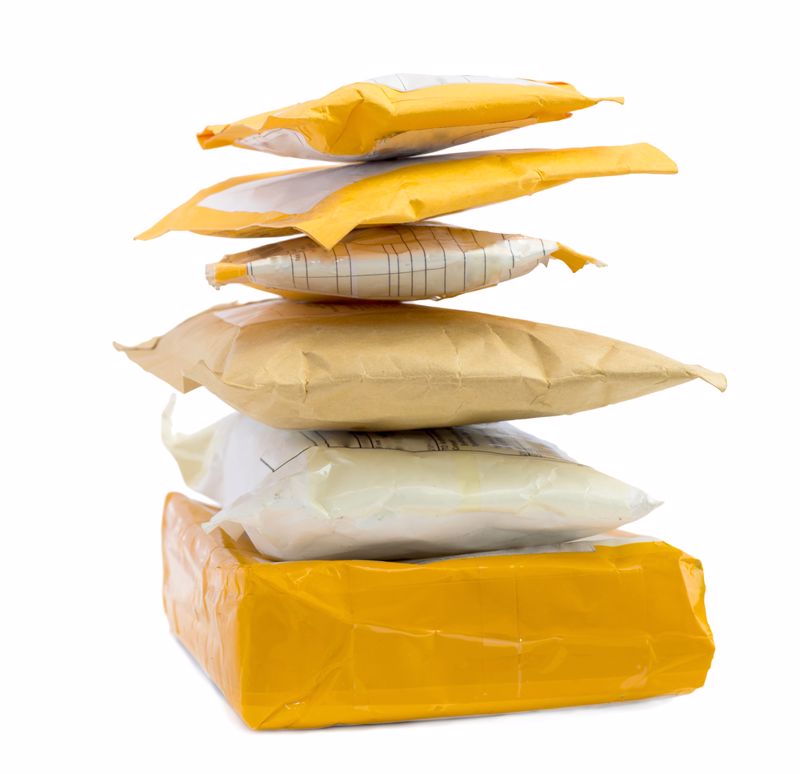
Blockchain technology: More uses than crypto
By Max BurkhalterApril 13, 2022
Blockchain technology extends far beyond cryptocurrency. As detailed by author Hossein Hassani in his study published by MDPI, the rise of crypto as a decentralized currency in the past decade has brought this distributed ledger technology (DLT) to the forefront of public consciousness.
The use of this versatile application reaches virtually every sector, however – the logistics industry has been utilizing it for years.
How it works
DLT works by making the history of any digital assets unalterable and transparent via the use of cryptographic hashing. A blockchain is a database storing encrypted blocks of data, tied to one another chronologically, to form a single source of truth for the data.
These data assets are distributed (instead of copied or transferred) which creates an unalterable footprint of the asset. The data is decentralized, which allows full-time access and accessibility to the public. A transparent ledger of changes preserves the integrity of the document, thereby creating 'trust' or security in the asset.
These ingrained encryption measures – combined with the full visibility of a public ledger – have made DLT and blockchain technologies viable for many industries.
The logistics of a decentralized ledger
The shipping industry is wielding blockchain tech to enhance the tracking and delivery of consumer goods. For business operators, audits into distribution efficiency are enhanced due to the transparency and security insights offered by blockchain.
Blockchain-based operating systems enable direct line-of-sight for the entire supply chain. Suspicious and duplicate consumer transactions are virtually eliminated due to the chronological logging and time-stamping of individual orders and purchases.
Once a purchase is made, an advanced consensus algorithm cryptography seals the transaction details into a data block, ensuring that it is properly recorded and tamper-evident to everyone who wishes to access the record.

Red tape reducer
As outlined by IBM, smart contracts are programs stored on a blockchain that execute only when predetermined conditions are satisfactorily met. By removing the need for human assistance, the possibility of error is virtually eliminated along the supply chain.
For example, a consumer orders a custom product from a manufacturer. A smart contract is created at the time of the order. Once the item has been completed, the next sequence will trigger the packaging and shipping of the item. The scheduled delivery of the item will occur only once the previous smart contract has been completed.
DLT ensures that all participants are immediately certain of the successful outcome of the previous stage, and the automated workflow kicks into gear with the execution of each subsequent smart contract. By eliminating paperwork and human intervention, the entire distribution process is accelerated.
Blockchain benefits consumers
Blockchain's decentralized digital ledger provides transparency for customers by offering insight into the transportation journey of their online orders. From the purchase of an item to the tracking of its delivery, many shoppers may not have even realized they've been relying on blockchain technology to ensure their order arrives on time.
Perle powers logistics
To learn about how Perle solutions aided retail giant Adidas with the logistics of their stock and distribution systems, click here. Perle serial cards helped deliver on the promise of a 24 hour delivery service for the sportswear giant, and can enhance your business as well. For more information on how Perle assists a variety of industries, visit our case studies page.



